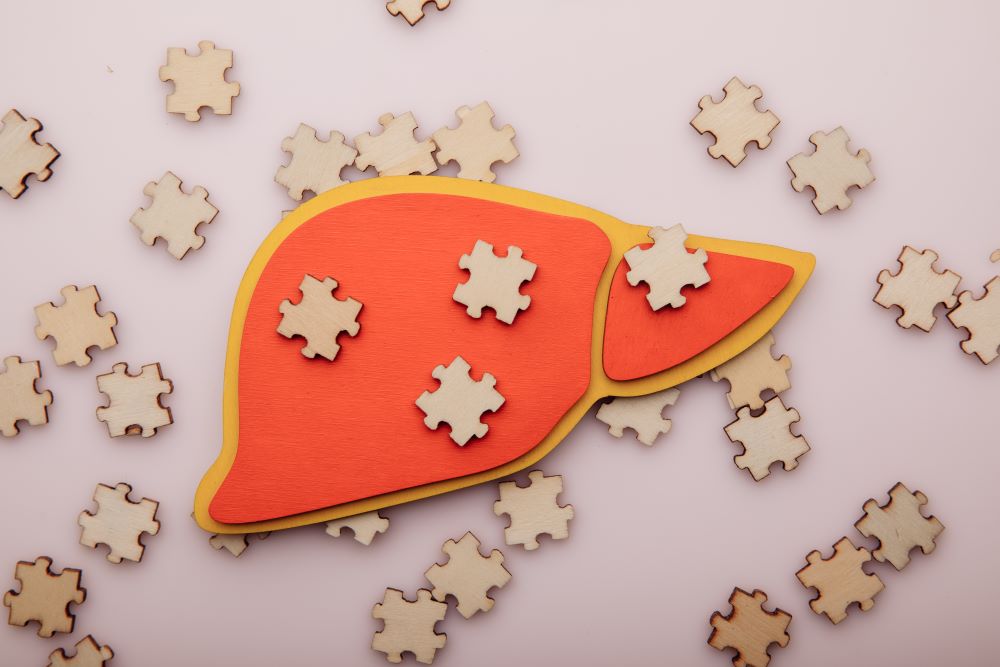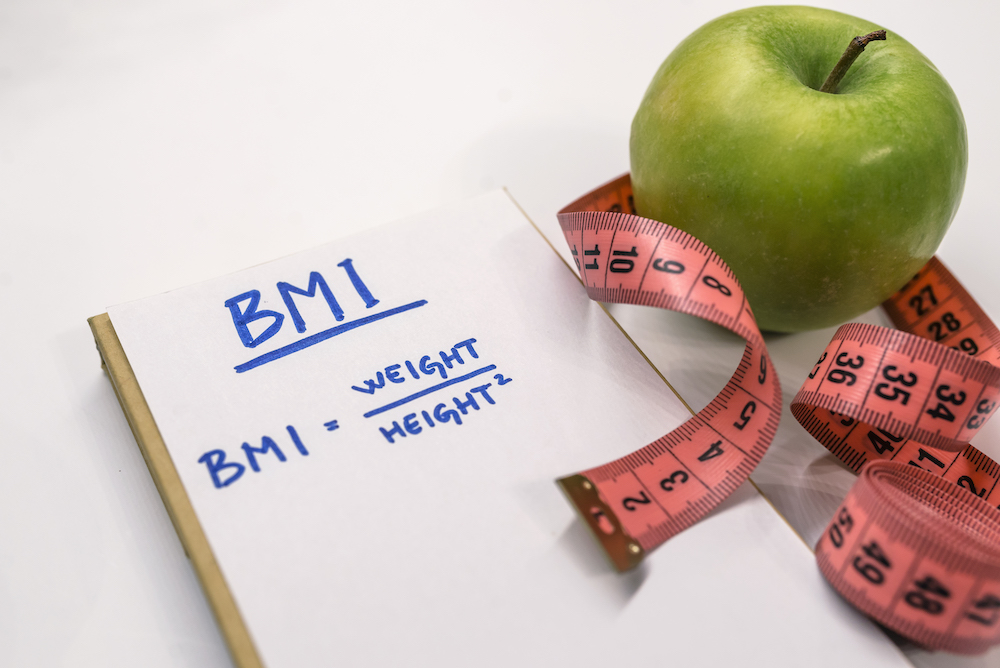5 signs you’re not eating enough in a day

We all have days when our food intake is less than usual. However, sustained low food consumption can have negative impacts on our health. It’s essential to ensure we’re getting enough vitamins and energy to support our bodies. But how do you know when it’s time to increase your food intake? Here are five telltale signs:
1. Feeling light-headed
If you’re experiencing lightheadedness, dizziness, or shivers, it could be a sign that your brain is signaling a glucose deficiency. This is a clear indicator that it’s time to refuel your body.
2. Lack of energy to eat
Feeling weak and exhausted may result in being too fatigued to eat. However, ignoring your hunger won’t make it disappear. Instead, ease your body back into receiving nutrients by having several small meals throughout the day.
3. Lack of energy for exercise
If you find yourself lacking the energy to engage in physical activity, it could be due to inadequate nutrition. Insufficient nutrients negatively impact your athletic performance, highlighting the importance of proper food intake.
4. “Hangry”
Low food intake can lead to irritability and mood swings, often referred to as being “hangry.” Combat this by having a quick snack to stabilize your mood and energy levels.
5. Skipping meals
Skipping meals isn’t a healthy approach to weight loss. It can lead to increased hunger, potentially resulting in unhealthy snacking habits. Aim to consume three balanced meals a day to maintain steady energy levels and prevent excessive hunger.
Incorporating these signs into your awareness can help you recognize when it’s time to prioritize your nutritional intake. Remember, maintaining a balanced diet is key to supporting your overall health and well-being. Listen to your body’s signals and nourish it accordingly for optimal performance and vitality.


